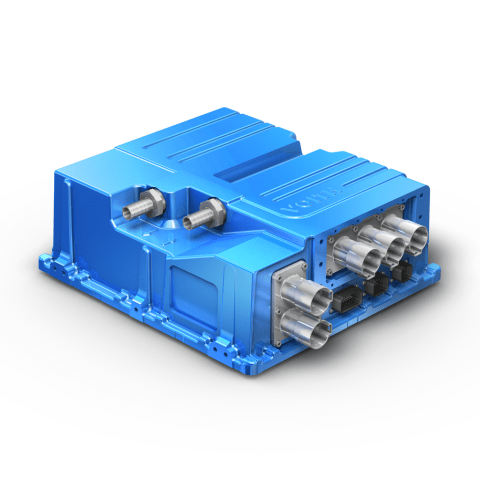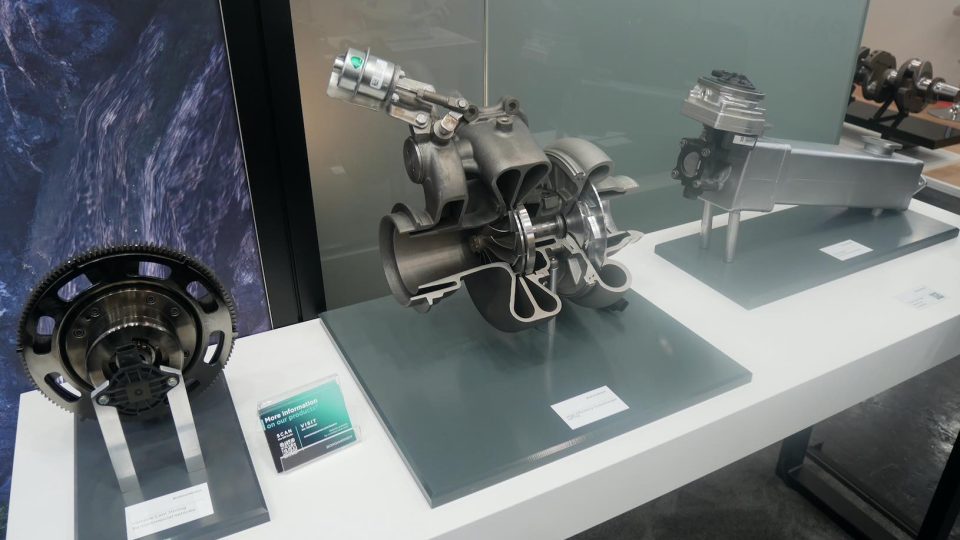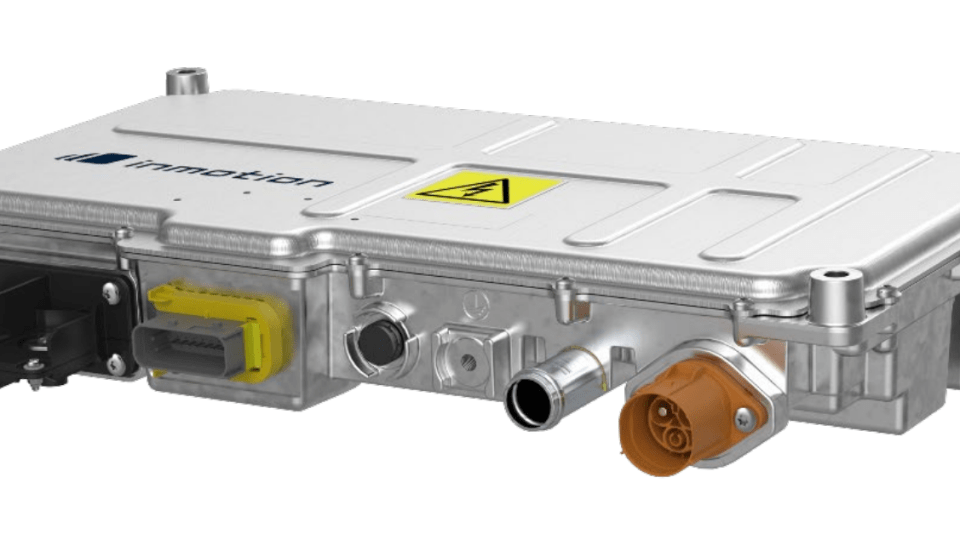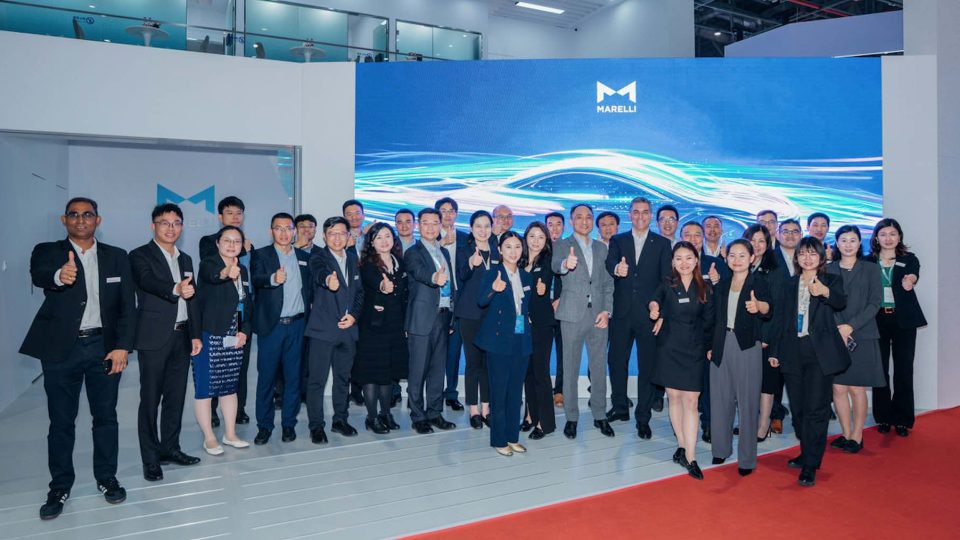Voith announces Future Inverter Platform for electric drives
Voith announces another important development – the Future Inverter Platform (FIP) – for the VEDS drive system. Trade visitors to the Busworld Europe trade fair in Brussels to be held October 7-12, 2023, can find out in person about the features and benefits of the new inverter.

Voith announces another important development – the Future Inverter Platform (FIP) – for the VEDS drive system. Trade visitors to the Busworld Europe trade fair in Brussels to be held October 7-12, 2023, can find out in person about the features and benefits of the new inverter.
The FIP has been specifically designed to meet the requirements in the commercial vehicle segment and will be integrated into future generations of the VEDS, Voith’s innovative electric drive concept for commercial vehicles that has proven highly effective in numerous applications in the bus segment since its introduction in 2021. The FIP technology will go into series production without integrated DMU in 2024 and with integrated DMU in 2025.
As well as the inverter, the new FIP will also incorporate the previously separate drive management unit (DMU) and will therefore offer a much higher power density than the inverter used previously. Within the VEDS, the FIP functions as part of the electrical drive system, but it is also a system in its own right consisting of inverter and control unit. With these changes, Voith addresses OEM demand in the passenger car segment for drive systems with a higher level of integration.
Thanks to the integration of the control unit into the inverter housing, the FIP also reduces the design complexity of the entire electrical drive system. “This integration is the result of Voith’s consistent track record of comprehensive system expertise. Users of the VEDS can therefore rest assured that we are delivering a complete system package where all components are precisely matched to one another and work together effectively,” explains Manuel Calero, Vice President E-Mobility at Voith.
The reduction of complexity benefits OEMs, because the more integrated the vehicle software controls, the simpler the vehicle design and manufacturing process. For this reason, Voith has designed the FIP to integrate with many different electric drive system components. Furthermore, despite the higher power density, the FIP is very compact and light, weighing in at just 25 kg compared to its 54 kg predecessor.
Another important factor is that because the FIP functions as both an inverter and control unit, it could be a potential target for hackers. From the very outset, Voith’s development team focused on ensuring compliance with global cybersecurity standards, making Voith a pioneer for the sector. Beginning in mid-2024, international security standards for cybersecurity, as established by the United Nations Economic Commission for Europe (UNR 155 and UNR 156), will be enforced for the automotive industry. Road vehicles then must meet the ISO standards 26262 and 21434 for functional safety and cybersecurity engineering. Every new vehicle platform will therefore need to be validated accordingly before it is approved.











